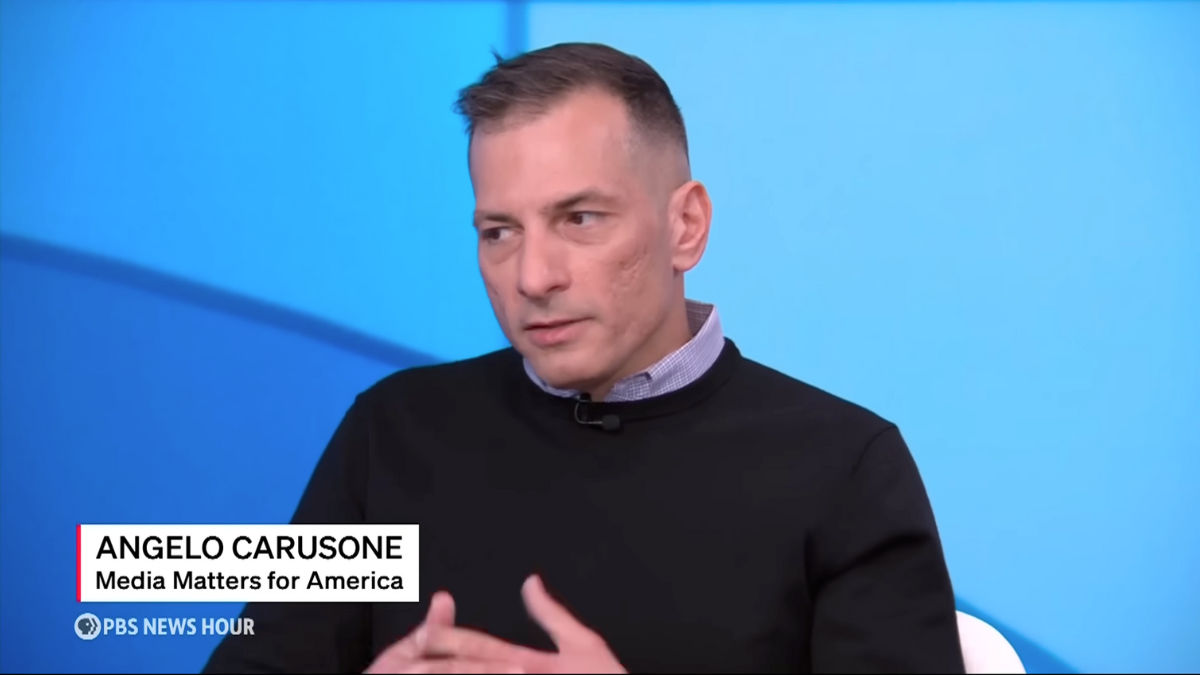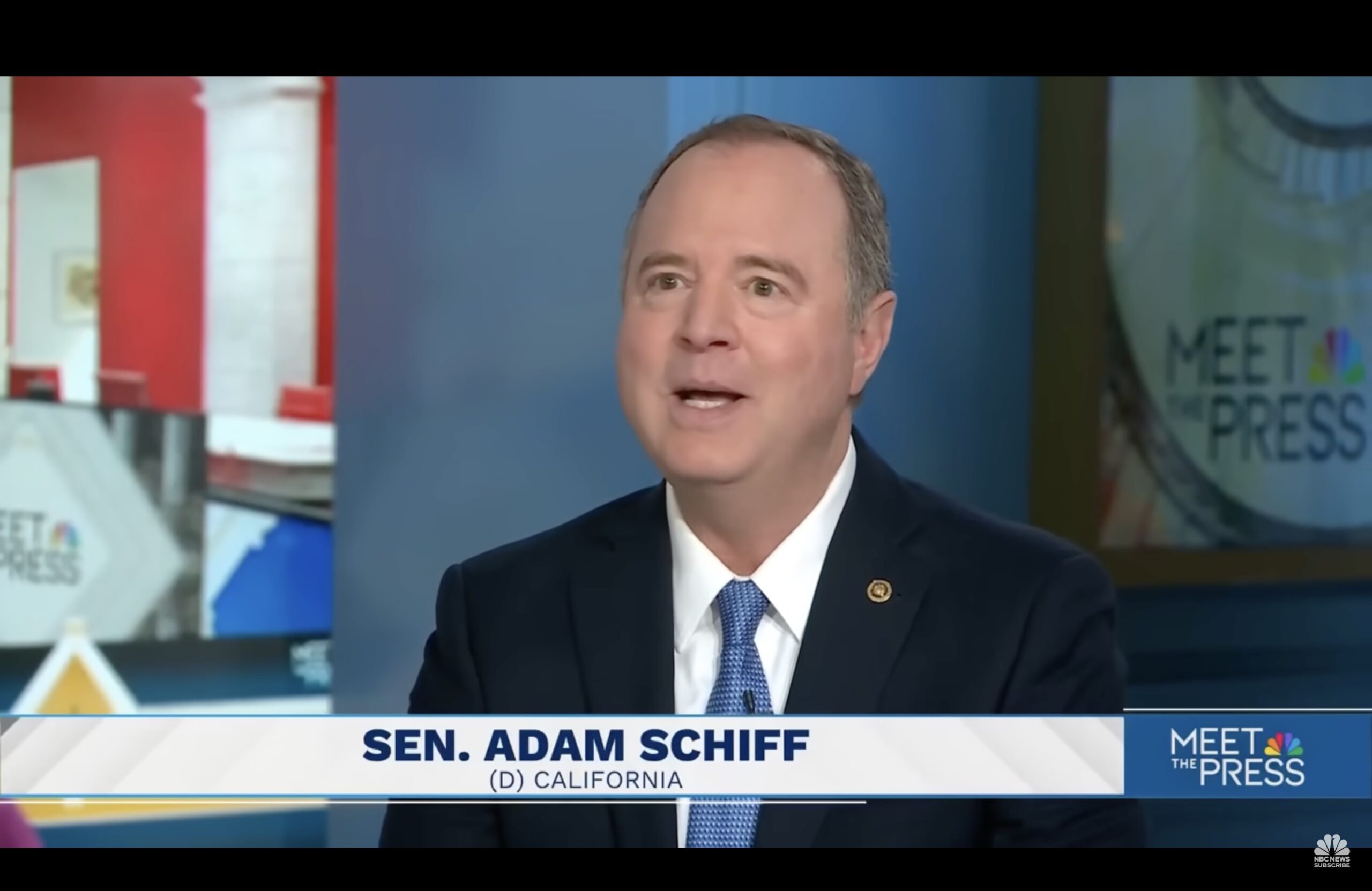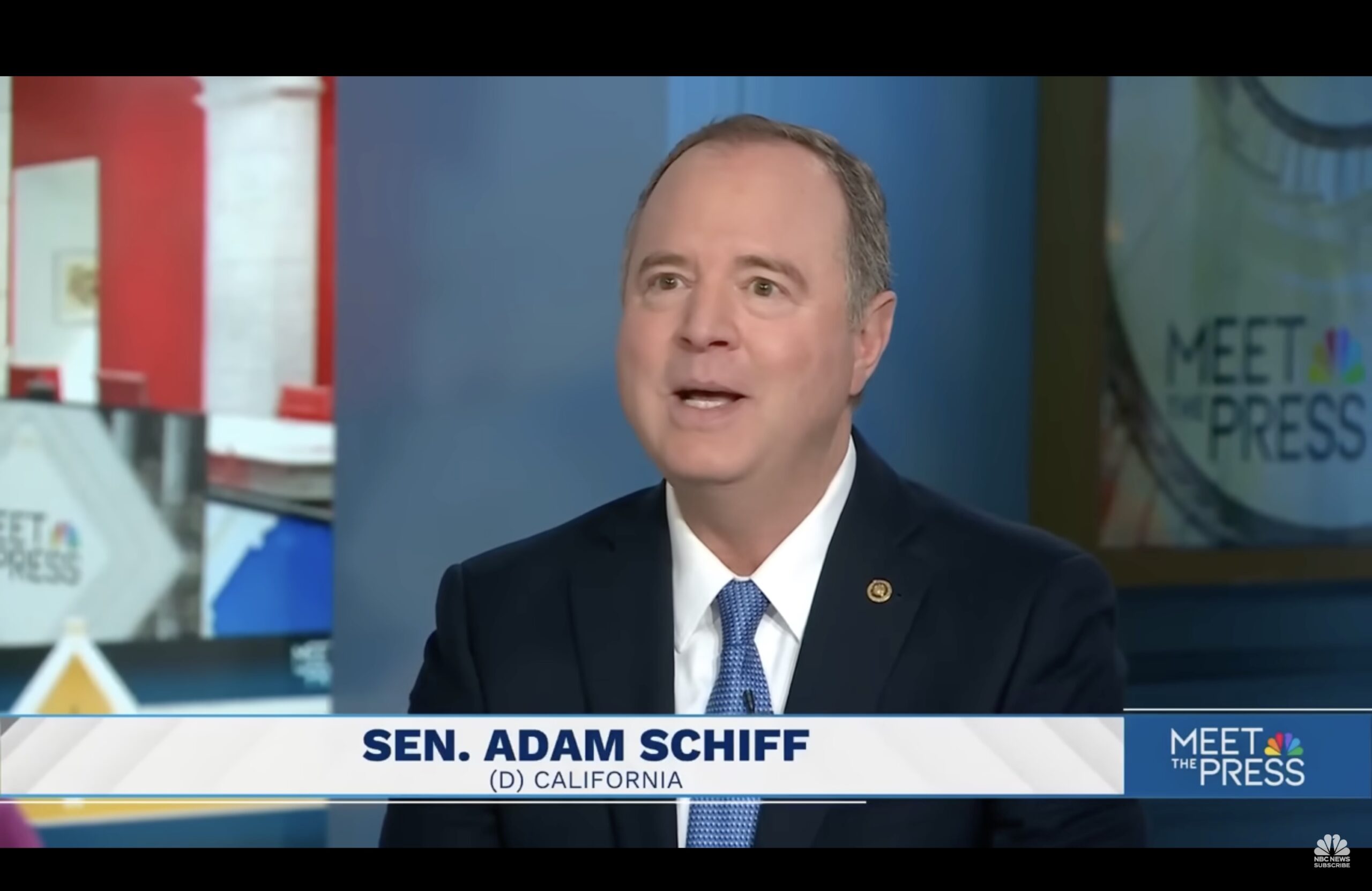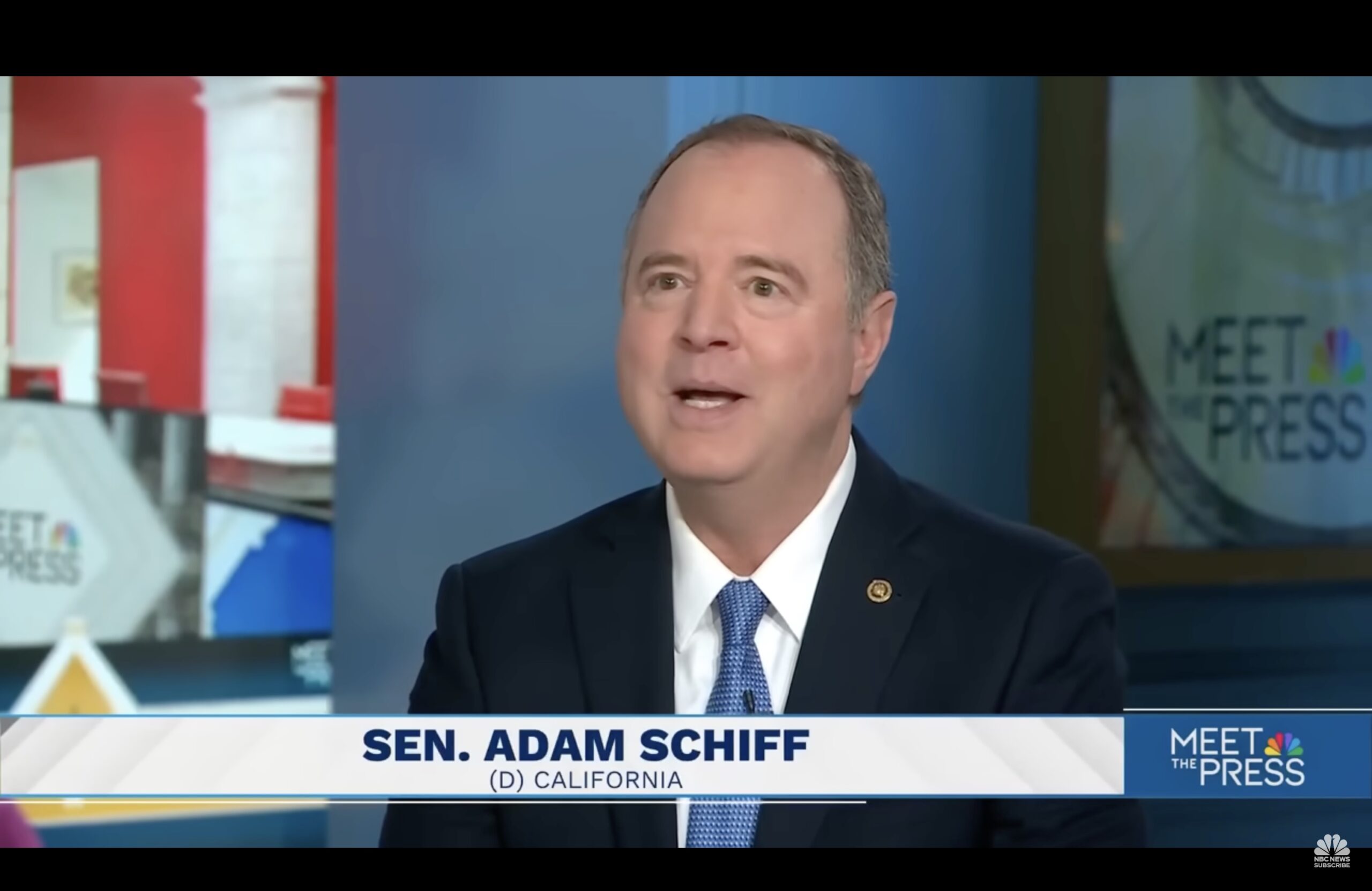A recent federal district court ruling has raised questions about the First Amendment’s protections for organizations under investigation for potential unlawful activities. The case centers on Media Matters for America, a left-leaning nonprofit accused of orchestrating a campaign to pressure advertisers to withdraw funding from X, a social media platform owned by Elon Musk, following his acquisition in 2022.
The allegations suggest that Media Matters, in conjunction with other groups, encouraged major companies to boycott advertising on X due to the platform’s stance on conservative speech and its handling of information related to COVID-19. If substantiated, these actions could violate antitrust laws.
In response to the allegations, the Federal Trade Commission (FTC) initiated an investigation. The FTC is tasked with enforcing antitrust laws, and it is standard procedure for law enforcement agencies to investigate credible claims of illegal activity.
However, instead of cooperating with the FTC, Media Matters filed a lawsuit aimed at halting the investigation. The organization argued that the First Amendment prohibits the FTC from investigating its activities, citing past critical comments made by FTC Chairman Andrew Ferguson and his associates as grounds for their claim. This assertion has been described as unusual and legally questionable.
The district court in Washington, D.C., accepted Media Matters’ argument, issuing an injunction that prevents the FTC from enforcing a civil investigative demand against the organization. Critics of the ruling have pointed out that the court’s reasoning appears to lack precedent and fails to consider the fundamental purpose of investigations, which is to ascertain whether illegal conduct has occurred.
The ruling has drawn comparisons to other high-profile legal cases involving political figures and advocacy groups. For instance, Douglass Mackey was prosecuted for sharing a meme during the 2016 election, leading to a conviction for conspiracy to violate civil rights. In contrast, the investigation into former President Donald Trump regarding the events of January 6 has been characterized by some as politically motivated, with allegations of bias from the current administration.
The disparity in how the legal system treats cases involving left-leaning organizations versus those involving conservatives has raised concerns about fairness and consistency in judicial proceedings. Critics argue that the Media Matters case exemplifies a troubling trend where courts may favor certain political narratives over impartial justice.
As the legal landscape continues to evolve, the implications of this ruling may prompt further scrutiny of the judiciary’s role in politically charged investigations. Legal experts suggest that the Supreme Court may eventually need to address these inconsistencies to restore confidence in the legal system.
James Burnham, a former senior associate counsel to the president and current managing partner at King Street Legal PLLC, emphasizes the importance of maintaining a balanced legal framework that applies equally to all parties, regardless of political affiliation.
READ Example headline with a colon: quoted to be YAML-safe



